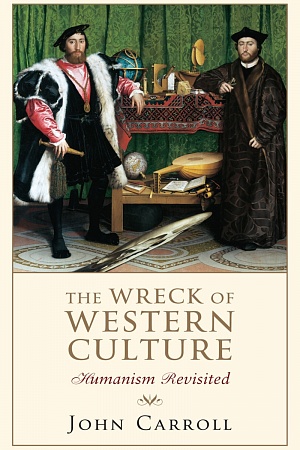A Social History of France 1789-1914: Second Edition
Palgrave, $56 pb, 359 pp
Changing France
France in 1914 was in many ways almost completely different from how it was in 1789. In the 1780s France was an ‘agrarian pre-capitalist society’ in which the ‘location of most industry and the sources of power and most wealth were rural’. By the turn of the twentieth century, it was a capitalist society in which ‘an urban, bourgeois and republican culture had become as hegemonic as had been that of the Church and the aristocracy under the ancien régime’. The second edition of Melbourne academic Peter McPhee’s remarkable book, A Social History of France 1789–1914, explains why and how this occurred.
Between 1789 and 1914 the Revolution played itself out in various ways through, and sometimes in spite of, various régimes (three republics, two empires, a ‘restored’ and a constitutional monarchy) and upheavals (two further revolutions and the last significant insurrection of the ‘long nineteenth century’, the Commune of 1871). The revolution ‘came to port’ around the time of the celebration of its centenary, though there is some debate about the timing of the final triumph of republicanism, which had been refashioned and made more palatable in the course of the nineteenth century.
Continue reading for only $10 per month. Subscribe and gain full access to Australian Book Review. Already a subscriber? Sign in. If you need assistance, feel free to contact us.











Leave a comment
If you are an ABR subscriber, you will need to sign in to post a comment.
If you have forgotten your sign in details, or if you receive an error message when trying to submit your comment, please email your comment (and the name of the article to which it relates) to ABR Comments. We will review your comment and, subject to approval, we will post it under your name.
Please note that all comments must be approved by ABR and comply with our Terms & Conditions.